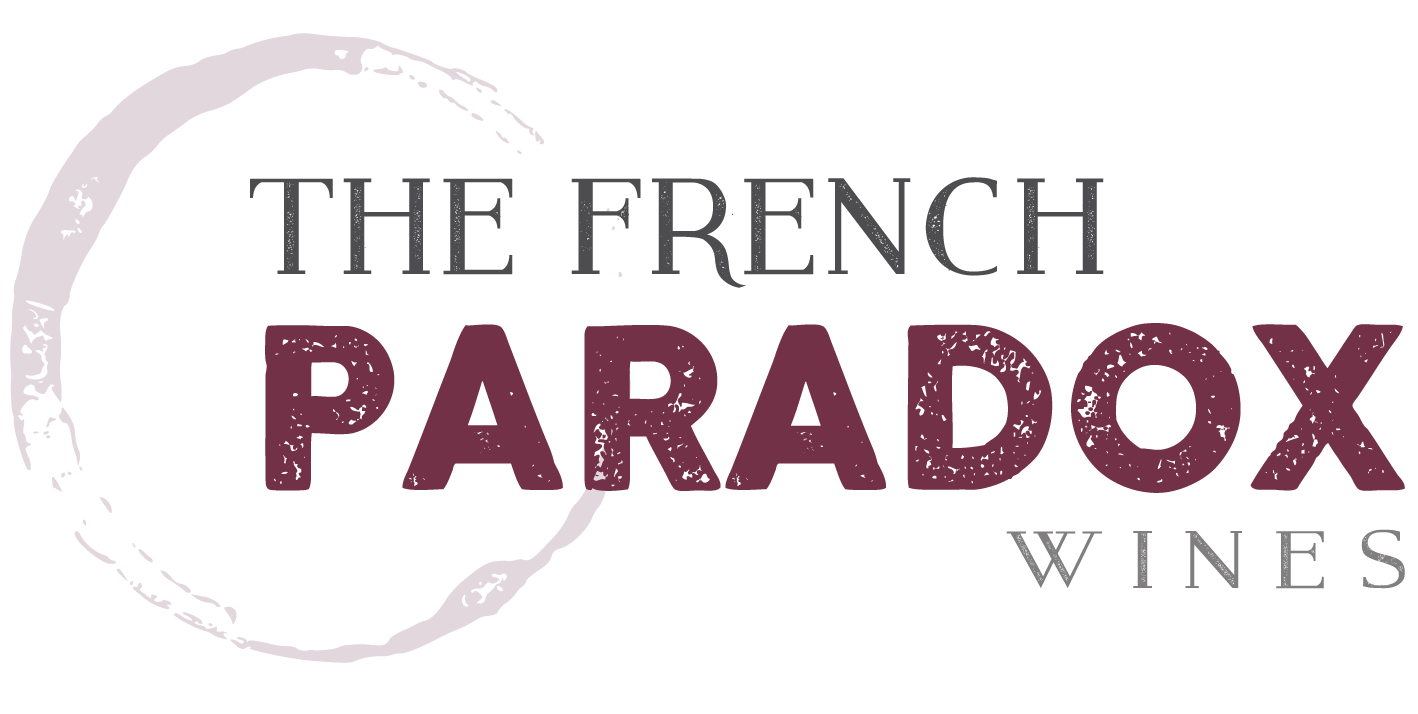The 2006 Red Zinfandel from Palm Valley Winery entangles tangy potato elements with a cruel fluoride aftertaste.
A retrograde mealy finish and bizarre mango-fandango essences are incorporated in the 2007 Cabernet Sauvignon from Gonzales Vineyards.
A voluptuous horseradish perfume and acidic sage flavors are mixed in the 1990 Syrah from Siriani Vineyards.
We’ve all seen the reviews, the shelf ‘talkers’, with the ‘scores’ and the brief blurbs that portend to say something significant about the wine. They read like the blurbs* above and generally have just as much credibility. Sometimes the ‘reviews’ are created by the winery’s marketing department, sometime by a wine reviewer (who incidentally, ‘rates’ wines provided free of charge by the winery, often at lavish ‘industry only’ events paid for by…you guessed it). Regardless of the author, the reviews are often a string of gushing (or dismissive) adjectives and superlatives that have little meaning to the person who just wants a good $20 bottle of wine.
And that, friends, is a problem. Not only is a it a problem that wine critics speak in gobble-de-gook, but a portion of the public now mimics that same winespeak and talks down to their neighbors. The end result is that people are afraid to try and buy new and interesting because they lack (in their own mind) the vocabulary necessary to understand wine.
(If I was a conspiracy minded individual, I’d worry that this was a plot put forth by the big brand wine companies, who have co-opted the critics in order to continue to intimidate the public by stressing that since the public cannot understand winespeak they should just buy based on a numeric scale that has no basis in fact. Wait a minute…)
You don’t have to understand the lingo to understand wine. If fact, the lingo mostly gets in the way of understanding wine. Understanding wine requires an understanding of geology, geography, meteorology, agriculture, and chemistry with a dash of history and food culture tossed in. An ability to toss around terms like ‘hedonistic’ or ‘limpid’ or describing an aroma as ‘eau de vie like’ shouldn’t impress, because those terms are meaningless. Quoting a score isn’t meaningful because a score doesn’t tell you how the wine tastes, how much it costs, what food it might work with and whether or not you’ll like it (because despite the implication of numerical certitude, wine scores have no meaning. Ask the score boy to define a point. See what he says).
Here’s what’s important…what wines had you previously enjoyed? Do you usually drink wine with or without food? What’s your budget? Ask those questions is plain English and a credible wine merchant will be able to give you a wine that you’ll likely enjoy. And if you don’t like it, take it back and explain, in plain English, what you didn’t like about it. A credible wine merchant will listen and likely replace the bottle that you didn’t like.
Try that with a wine critic. Let me know how that works out for you.
*these wine reviews were generated by Random Wine Review Generator. Try it yourself!
